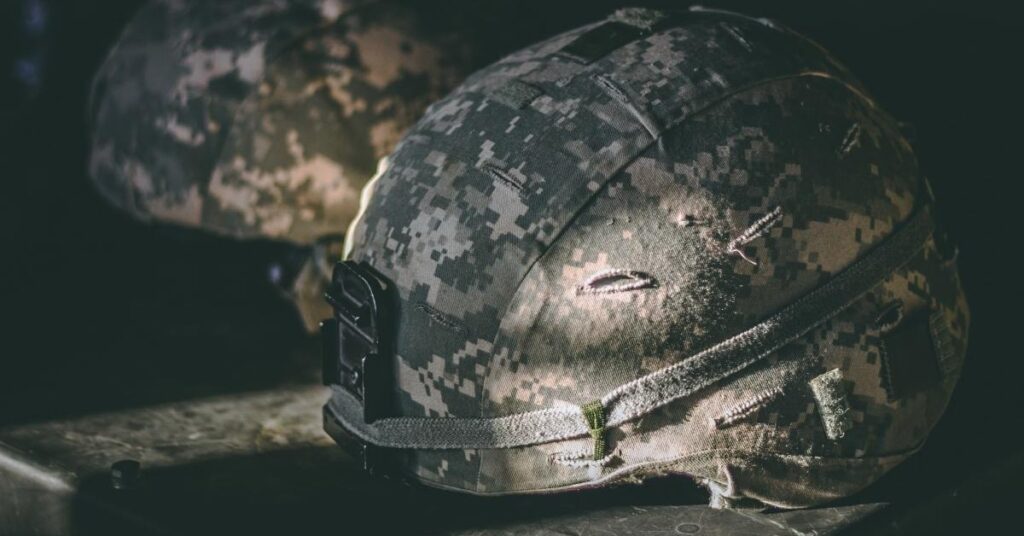
How to Choose an Online MBA
Online MBA programs make their degrees available to everyone everywhere, [...]

Military Friendly® is an organization dedicated to serving the military community and those who support it. Its target beneficiaries, the military community, include those who serve, serve alongside, or served: active duty, guard, reserve, military spouses, and veterans.
Members of the military community parlay unique experiences and skills to society’s benefit when they enter higher education and subsequent employment. To maximize this benefit for all, Military Friendly® provides support services, financial aid, and access to information regarding educational institutions with a history of support for military members. The organization also grades employers using a similar scale to the one it applies to schools.
This article covers the academic benefits and opportunities available to members of the military community, including:
Through the U.S. Department of Veterans Affairs (VA), military personnel receive assistance with school applications, tuition, tutoring, foreign study, training programs, and job placement. Since 1944, the G.I. Bill has made sure that servicemembers, along with their families, dependents, and survivors, receive access to opportunities for educational and career advancement. This is provided through career training and counseling, veteran readiness and employment programs (a form of rehabilitation for those who need it), tech courses (a natural fit, given the ubiquity of tech in the modern military), and both undergraduate and graduate tuition assistance. Congress has also set aside benefits specifically designated for those who have served post-9/11.
| University and Program Name | Learn More |
|
Pepperdine University:
Online Master of Business Administration
|
|
|
Boston College:
Master of Science in Applied Analytics
|
Congress instituted initiatives like the G.I. Bill to assist those who serve in the military—with special emphasis on those whose service resulted in some sort of physical or emotional disability. Such disabilities can make re-acclimation into society more difficult. Educational institutions are encouraged to engage in practices and establish effective programs that benefit members of this community, increasing both recruitment and retention of student veterans.
Organizations like Military Friendly® rate schools for their adherence to the principle of military friendliness, specifically through Military Friendly® school surveys.
Military friendliness reflects a number of factors, including:
Military Friendly® composes its schools list by aggregating information collected from public data sources and its own proprietary survey. Schools are then assessed according to a set of guidelines, as recommended and updated by the Military Friendly® advisory council. The two most important factors are:
Military Friendly® publishes its awards, recognizing the following categories:
The organization groups award categories according to enrollment size and school type.
Military Friendly compiles its list in collaboration with its advisory council and an independent research firm. The criteria are reviewed and improved as necessary every year. Data comes from both publicly available sources and through the organization’s own confidential survey.
The schools are rated according to the following categories, in order of weighting:
The organization combines each school’s survey score with an independent evaluation of its abilities to meet core criteria. The top-scoring school earns the keystone designation. From there, the organization ranks its top ten in each category, the awards gold, silver, and bronze status.
Military Friendly’s assessment criteria were established in conjunction with Viqtory, the military marketing media company, and independently analyzed by Ernst & Young Global Limited (EY).
Though some consider themselves “career military,” many military personnel choose to do their service and move on. Approxinately 200,000 members leave the service every year. The transition can be difficult, but fortunately, time in the military is often excellent preparation for a new career.
Some within the private sector—the aerospace industry, for example—rely on government defense spending.
The 2023 proposed federal budget of $1.582 trillion for fiscal year 2023 includes $761.681 billion earmarked for defense. Given current international crises and the need for strong defense both at home and abroad, demand for aerospace and defense (A&D) projects is likely to grow. Opportunities should abound in this sector for candidates with the right skill set. A military background coupled with an MBA—perhaps a more specific MBA in Aerospace and Defense—can prove invaluable.
Graduate degrees may represent a significant challenge, not only in terms of the work but also with regard to time and expense. Many students look for something to alleviate the pressure. Online programs allow students flexibility in terms of time and location. With technology only improving, these options have become increasingly viable for everyone.
Many online programs, like the Aerospace and Defense MBA offered by the University of Tennessee at Knoxville, are hybrid in format. Students engage much of the curriculum online in asynchronous sessions (i.e., accessible 24/7), but they also meet in person occasionally for immersion experiences.
Pursuing an MBA allows both active servicemembers and veterans to put their skills to good use within the context of the business world. Attending a military-friendly university like the University of Tennessee – Knoxville can make the transition to civilian and academic life less stressful and more enjoyable.
Questions or feedback? Email editor@noodle.com

Online MBA programs make their degrees available to everyone everywhere, [...]

In 2004, Burton D. Morgan Foundation and other Cleveland organizations [...]

International marketers have to consider local language(s), local norms and [...]

Organizations must design facility layouts and workstations in a way [...]

Many aspiring entrepreneurs understand the basic idea that the firm [...]
Categorized as: Business Intelligence & Analytics, Business & Management